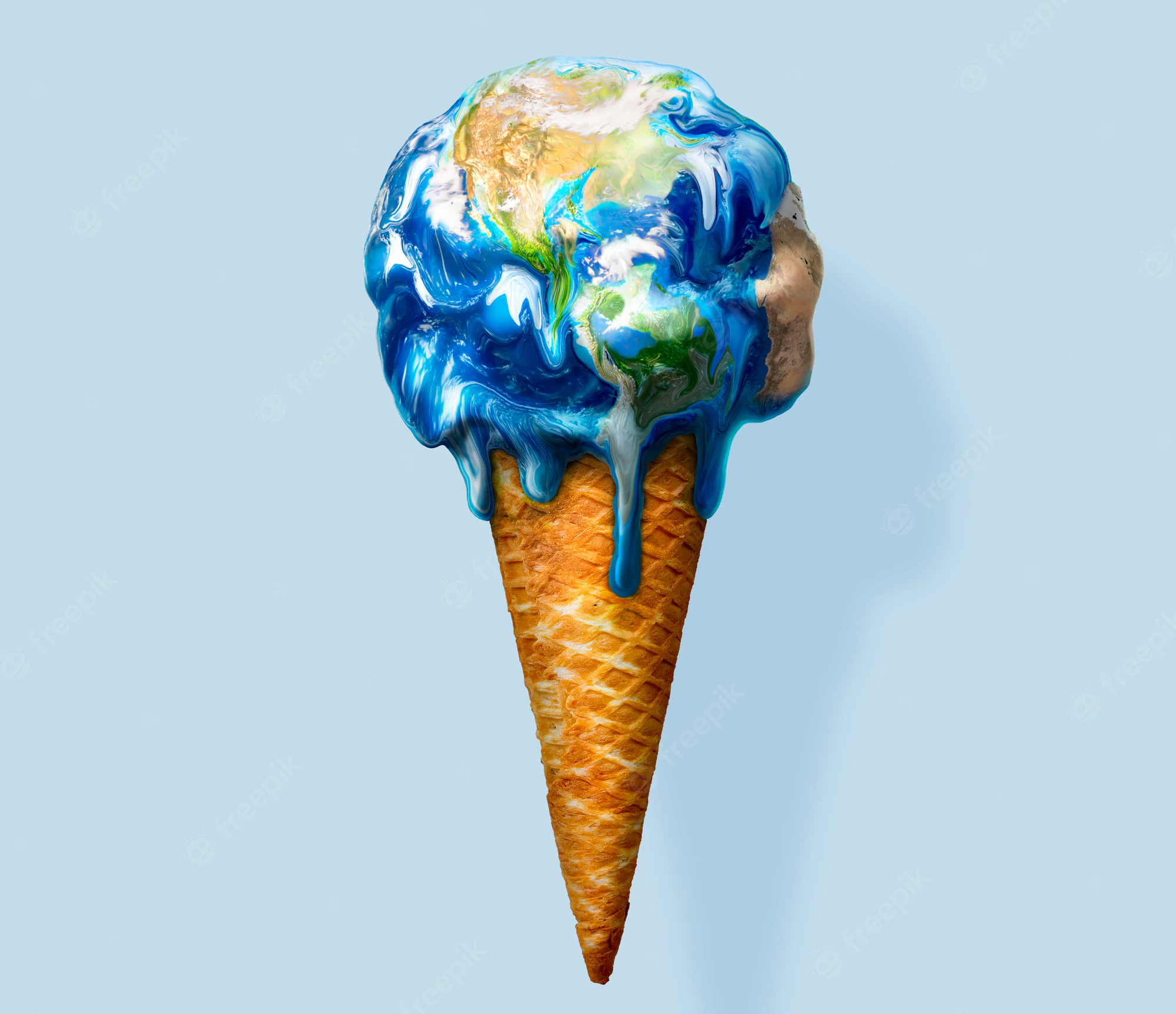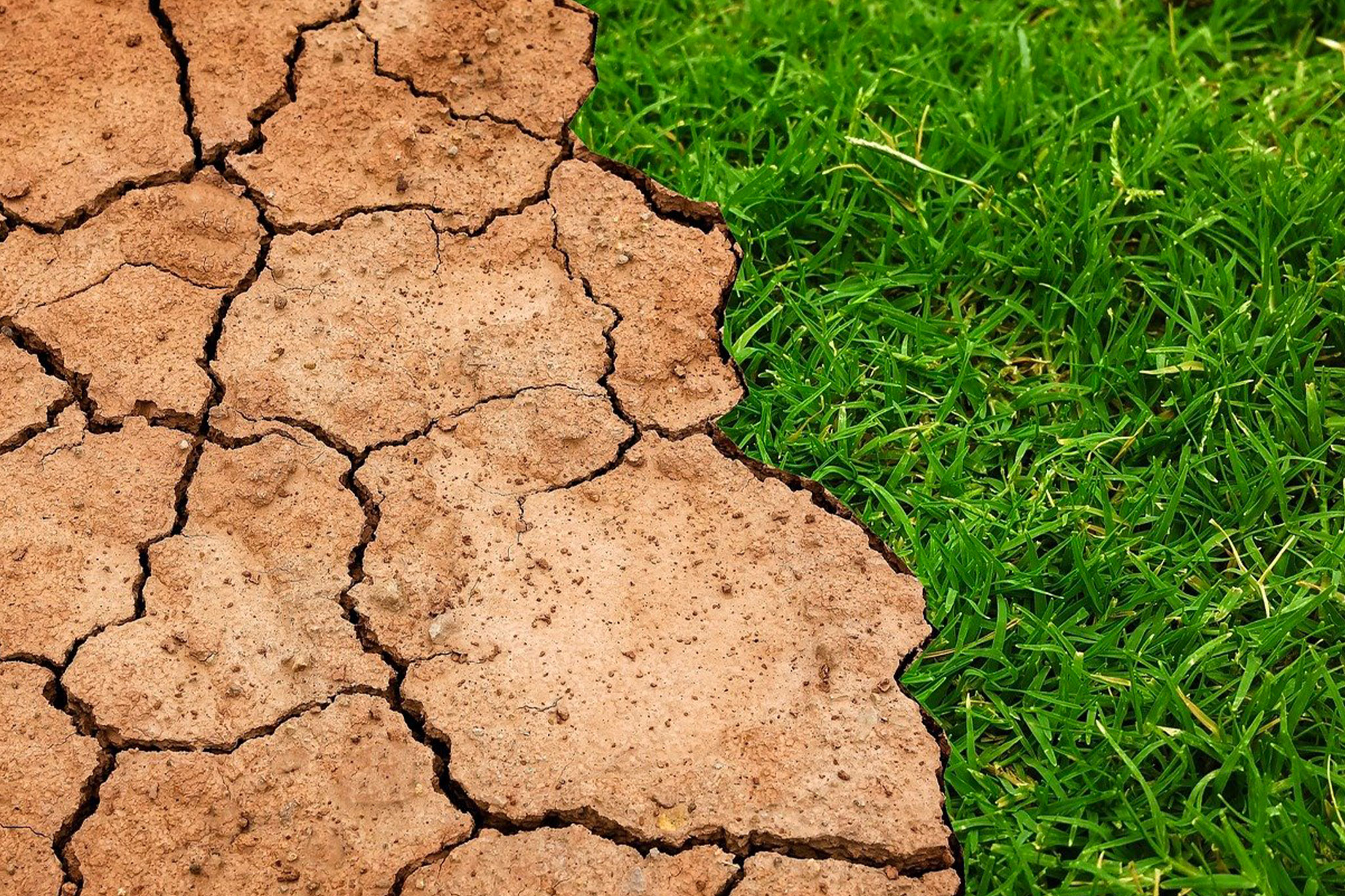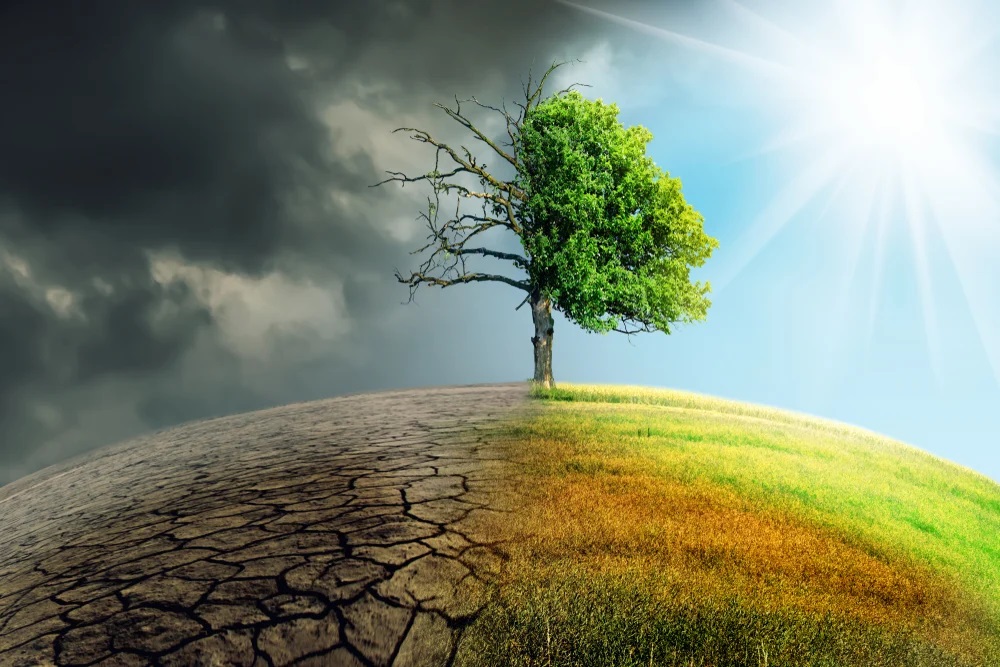What is climate change
What is climate change?
Climate change and the growing “ecological crisis,” along with poverty and inequality, are the main environmental, social, and economic challenges of our era. Greenhouse gases produced by human activity cause ozone depletion and climate change.
What do we mean by climate change? Climate change is the alteration of the climate and temperatures of the earth that affects ecosystems and causes changes that are directly or indirectly caused by human activity. Excessive increase in "greenhouse gases" contributes to temperature variation and deterioration of the ozone layer which are made up of Carbon Dioxide (CO2), Methane (CH4) and Nitrogen Oxides (NOx). ). Excess gas is generated by various human activities, such as the use of electricity, dependence on fossil fuel industries or pollution of urban areas with transport, misuse of waste, industrial processes, etc.

- The environmental impact has a major impact on river drought and lack of drinking water, as well as changes in food production conditions and the increase in natural disasters such as droughts, heat waves and floods.
- In fact, climate change is an environmental phenomenon with profound economic and social consequences that mainly affects the countries of the South, located in areas less structurally prepared to withstand these natural phenomena.
- Over the last 150 years, the average temperature has risen by almost 0.8ºC worldwide, and by about 1ºC in Europe. The last eleven years have been one of the warmest in the Earth's surface temperature instrumental records since 1850. It is therefore necessary to take global action to limit emissions, as emissions are expected to increase. it will produce a further increase in global temperatures to 4ºC by 2100. If we reach this temperature, the changes will already be irreversible.

